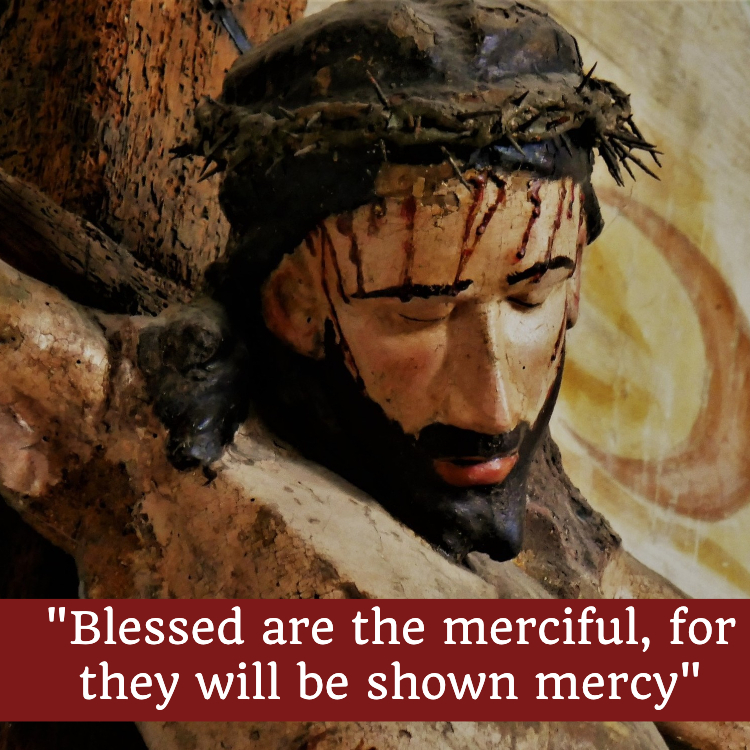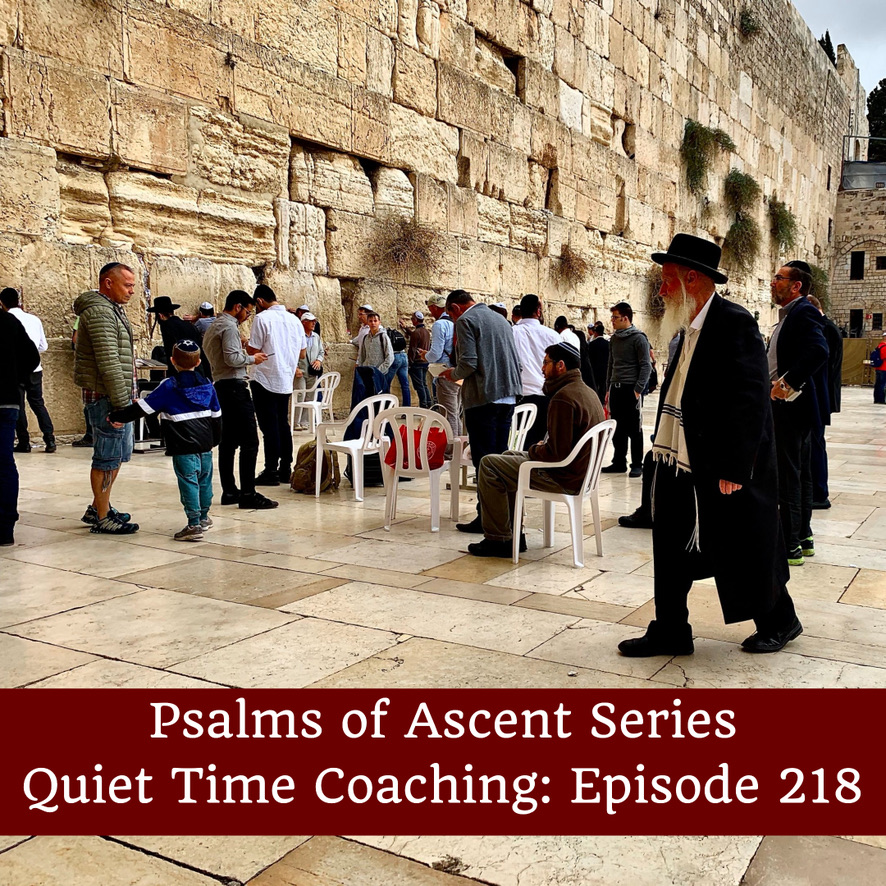Quiet Time Coaching: Episode 113.

“Blessed are the merciful, for they will be shown mercy.” (Matthew 5:7 NIV11)
What does it mean that the merciful will be shown mercy? And how is this connected to the kingdom of heaven?
In this series we are immersing ourselves in the beatitudes – Matthew 5:5:3-12. We’re trying to figure out what each beatitude means for us practically and how that affects our relationship with God, and in particular, our times of quiet with God.
The reason this is on my mind is because I am preparing a teaching and preaching series for the Thames Valley churches of Christ, and a teaching day for the Watford Church of Christ based on the sermon on the mount.
Join me today as I examine what it means to be merciful.
First, what is mercy?
“Mercy is compassion for people in need.” “…whereby one is moved to pity and go to the relief of another in misery … cause(ing) its possessor to make the case of another his own, so that he is grieved by it, … we weep with those that weep…. It not only stirs the heart, but it moves the hand to render help to those in need.”
“If anyone has material possessions and sees a brother or sister in need but has no pity on them, how can the love of God be in that person? Dear children, let us not love with words or speech but with actions and in truth.” (1 John 3:17–18 NIV11)
“The noun eleos (mercy) … always deals with what we see of pain, misery and distress, these results of sin; and charis (grace) always deals with the sin and guilt itself. The one extends relief, the other pardon; the one cures, heals, helps, the other cleanses and reinstates.”
Paul separates grace and mercy in his greetings in the Pastoral Epistles (1 Tim 1:2, 2 Tim 1:2). Perhaps mercy, in this context, is different from grace. “Grace answers to the undeserving, mercy answers to the miserable.”
Examples of merciful people in the Bible include: Abraham rescuing Lot, Joseph forgiving his family, Moses with Miriam’s leprosy, David sparing Saul.
Our example is Jesus – merciful on the cross (see also Stephen, Acts 7).
Onesiphorus is held up as a person of compassion who can look forward to God’s mercy:
“May the Lord show mercy to the household of Onesiphorus, because he often refreshed me and was not ashamed of my chains.” (2 Timothy 1:16 NIV11)
How do we know if we are merciful?
An unmerciful person cannot see themselves as in need of mercy so cannot receive it – see Pharisee / tax collector (Luke 18:10ff).
A merciful person recognises their own need for mercy and so shows it to others. In showing it to others we become more aware of our own need for mercy – and so the virtuous spiral continues. It’s a spiral and not a circle because the more mercy we show the more mercy we receive and the more Christ-like we become.
Questions: “Am I gentle or hard-nosed toward the downtrodden? Am I compassionate or impatient with the fallen?”
What does it take to become merciful?
This beatitude depends on us being meek. Only the meek are aware of their sinfulness and fully grasp the wonder of the mercy of God and therefore able to show mercy (eager) to show mercy to others.
As we reflect on the mercy of God to us, we become more aware of our potential for growth in the area of being merciful. God is merciful and enjoys showing mercy. A good question for me – do I enjoy showing mercy or am I reluctant to do so?
Suggestions:
- Pray to recall examples of God’s mercy to you
- Pray to notice those around you to whom you can show mercy
RETREAT UPDATE“Thank you” to everyone who has registered so far. 10 spaces gone – 7 remain. Details can be found by clicking here.
Please add your comments on this week’s topic. We learn best when we learn in community.
Do you have a question about teaching the Bible? Is it theological, technical, practical? Send me your questions or suggestions. Here’s the email: malcolm@malcolmcox.org.
If you’d like a copy of my free eBook on spiritual disciplines, “How God grows His people”, sign up at my website: http://www.malcolmcox.org.
Please pass the link on, subscribe, leave a review.
God bless, Malcolm
PS: You might also be interested in my book: “An elephant’s swimming pool”, a devotional look at the Gospel of John

